Social Science in humanitarian action and health emergencies
Module 1
In this module
This module contains three sessions discussing: 1) the value and the role of social science research in humanitarian action (Session 1.1), 2) defining operational social science, including how it can be used in settings where rapid insights are needed and how these insights fit into an emergency response cycle (Session 1.2), and 3) the value of social science research with a focus on community engagement and communication activities (Session 1.3).
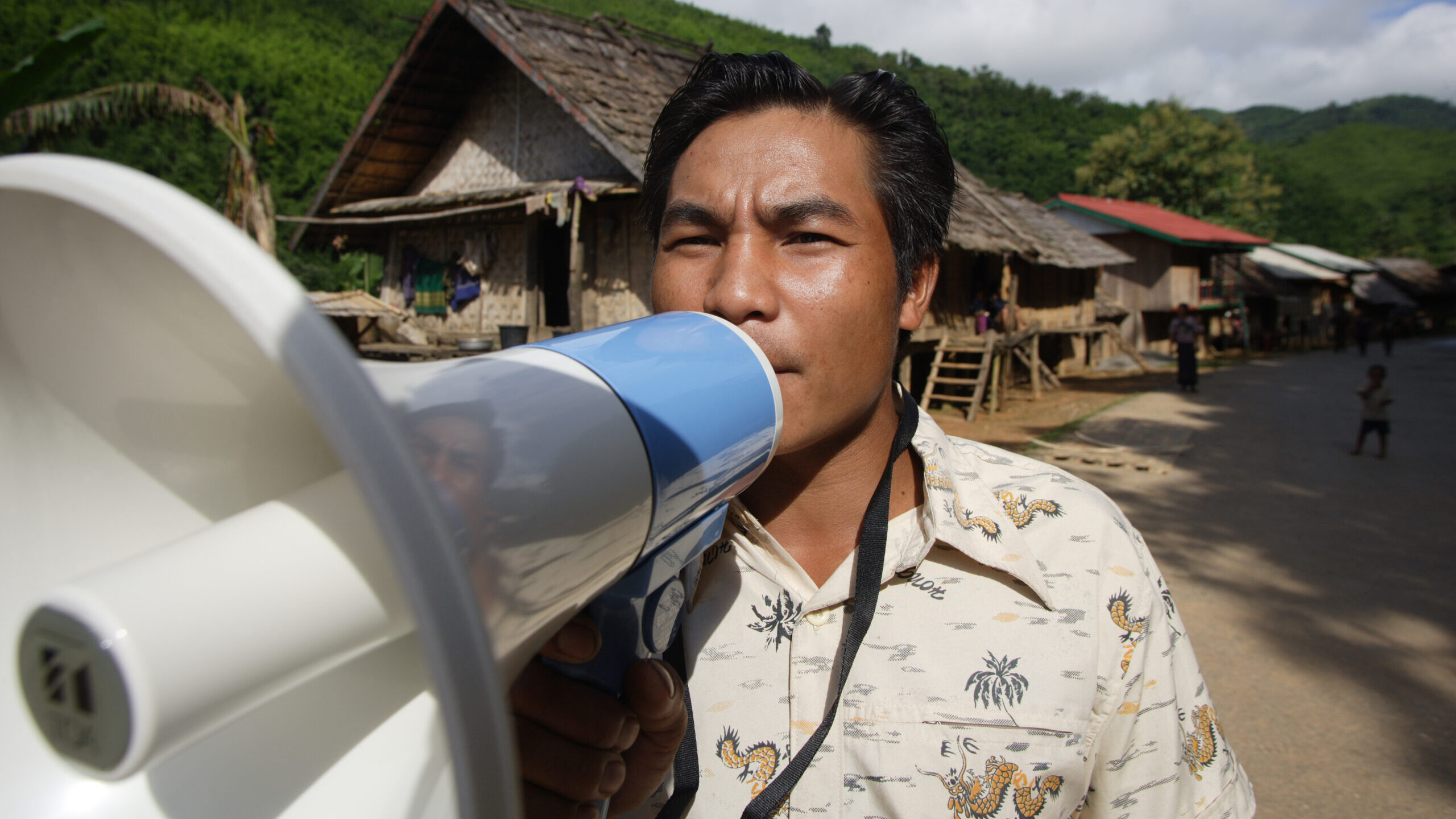
Introduction to social science – definition, approaches and role in humanitarian action
1.1
Content
This session discusses the value and the role of social science research in humanitarian action with a focus on community engagement and communications activities.
Learning outcomes:
- Understand why it is important to include social science as part of emergency response
- Understand how social sciences can support the design, delivery and continuous adjustment
of community engagement and/or communication activities and wider response action
Duration: 135 minutes max
Materials
Download
Operational social science research in the humanitarian/emergency response cycle
1.2
Content
This session defines operational social science and how it can be used in settings where research
is time-sensitive. It also explains where it fits within the humanitarian/emergency response cycle.
Learning outcomes:
- Become familiar with the definition of operational social science and why it is important when evidence is needed urgently
- Understand where the generation of quality operational social science research fits in the humanitarian/emergency response cycle
Duration: 80 minutes max
Materials
Advocating for the inclusion of social science in emergency response activities that engage communities
1.3
Content
This session discusses the value and the role of social science research in humanitarian action with a focus on community engagement and communications activities.
Learning outcomes:
- Become familiar with the definition of operational social science and why it is important when evidence is needed urgently
- Understand where the generation of quality operational social science research fits in the humanitarian/emergency response cycle
Duration: 80 minutes max
Materials
Modules
The training modules were developed to address key social science competency domains for those working in community engagement and/or communications related fields. Each module is made up of multiple sessions. Each individual session has a specific focus and learning outcome, which relates directly to the competency statement developed for each domain.
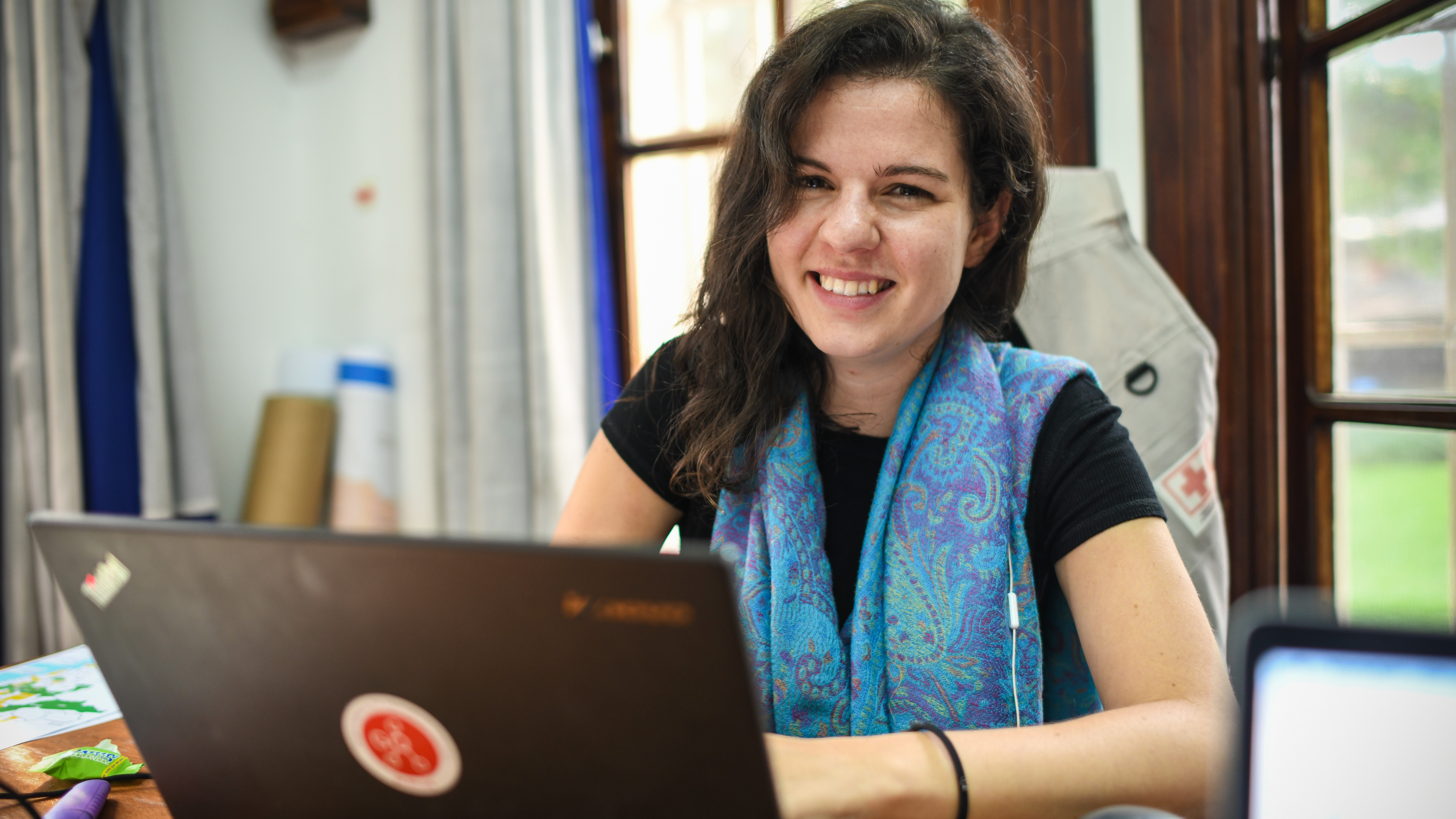
Guidance for delivering training
0
1

Social Science in humanitarian action and health emergencies
2
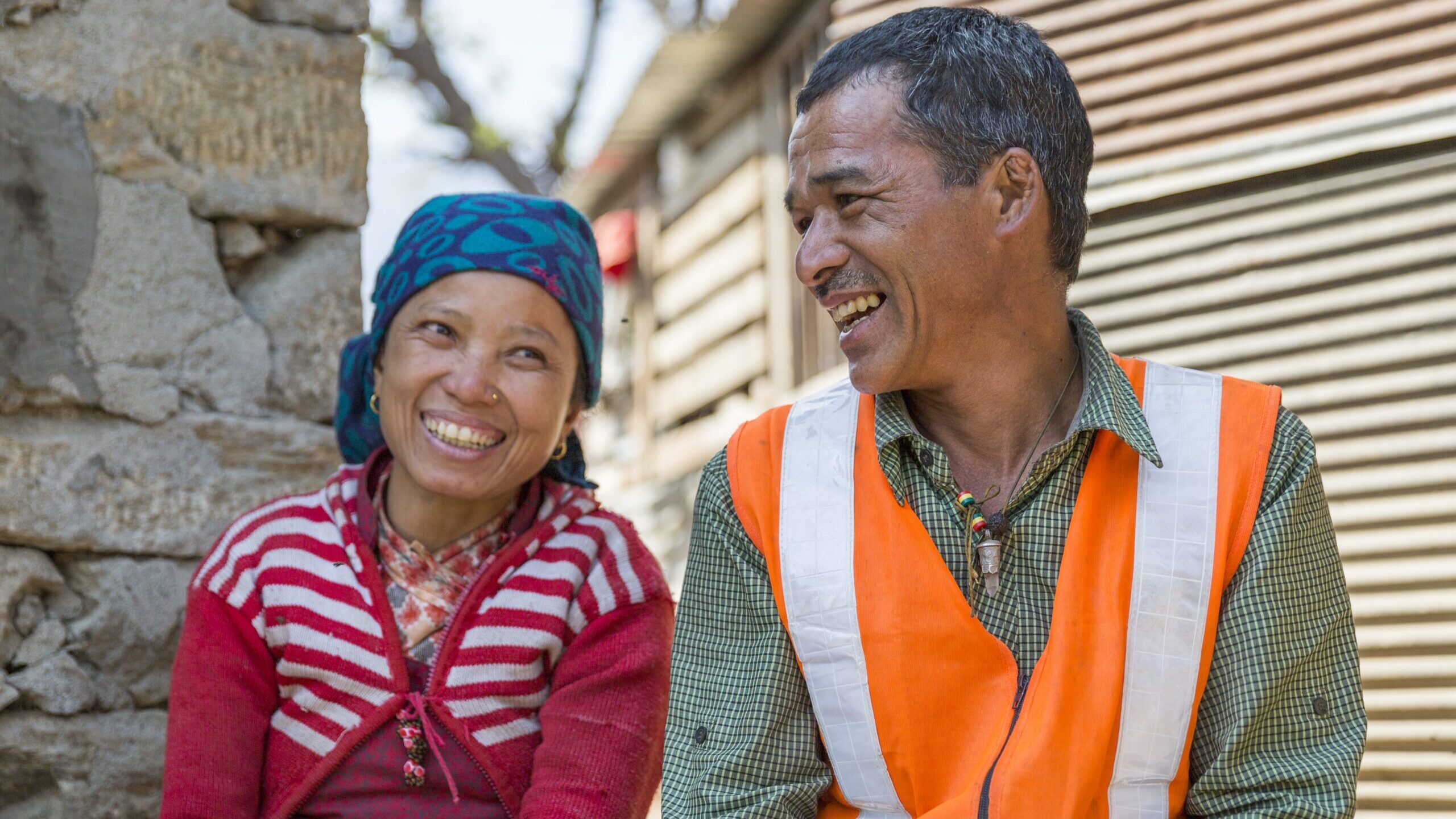
Context analysis and behavioural drivers and barriers
3
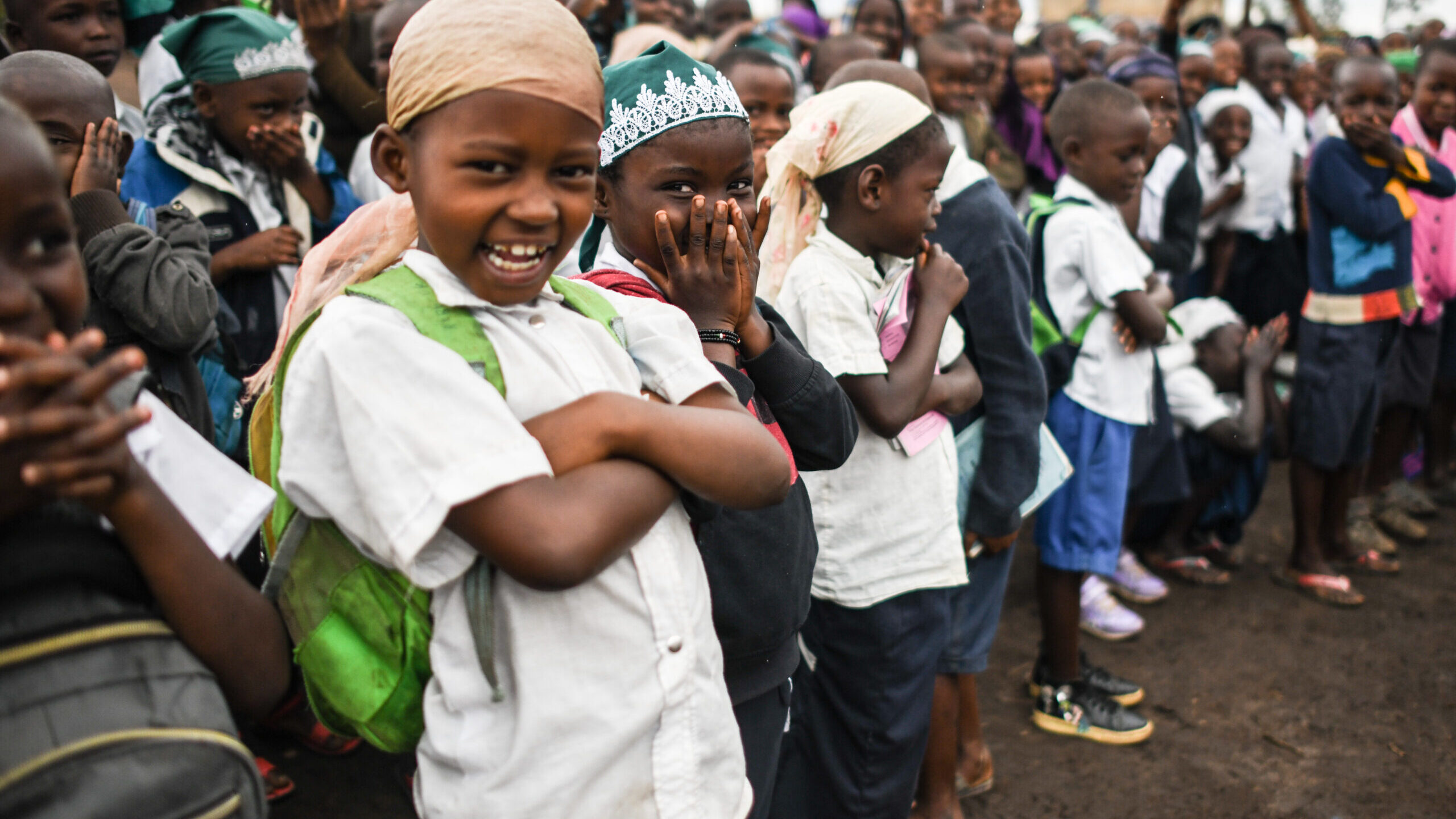
Ethics in operational research
4
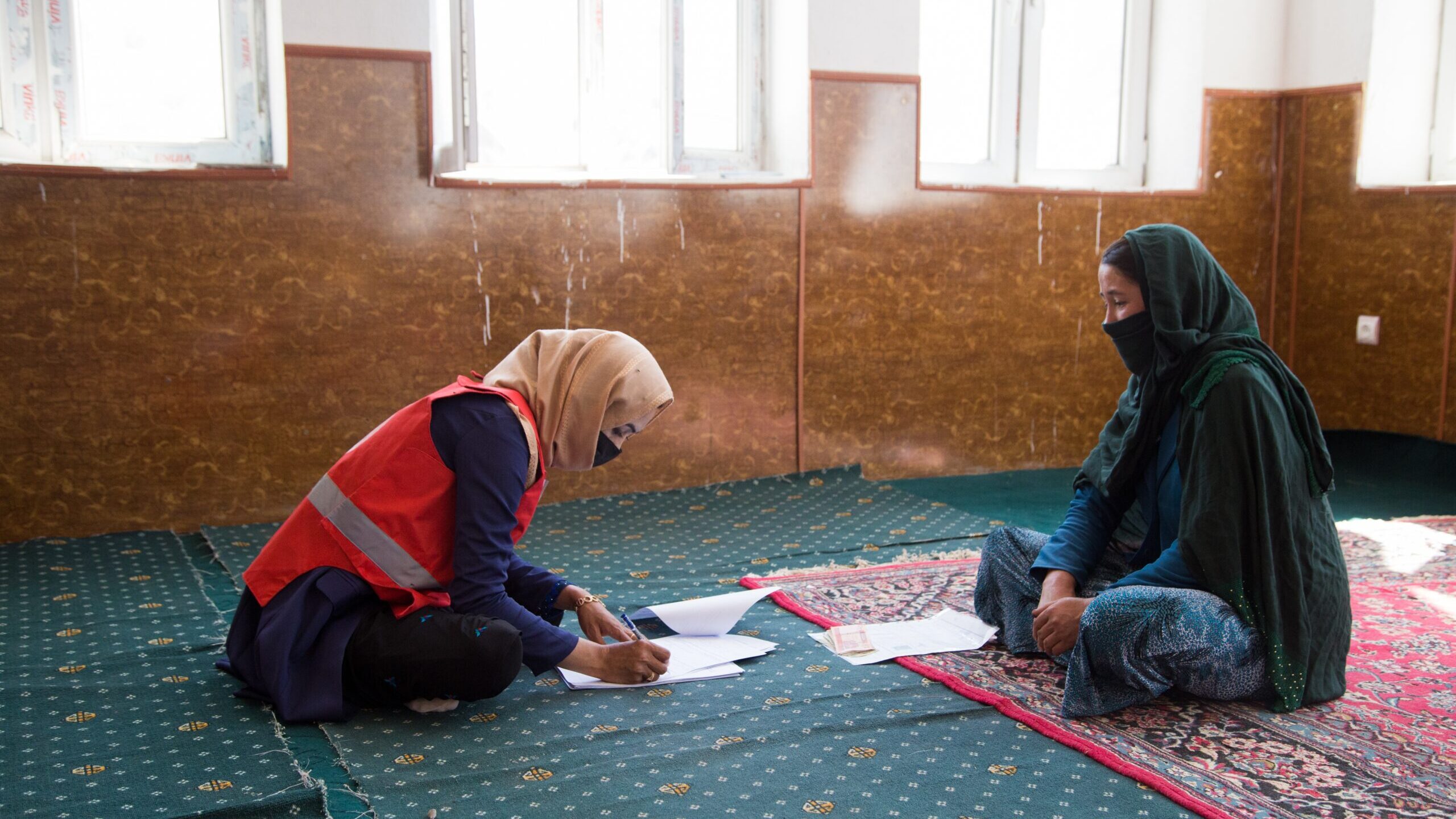
Implementation of social science research approaches
5
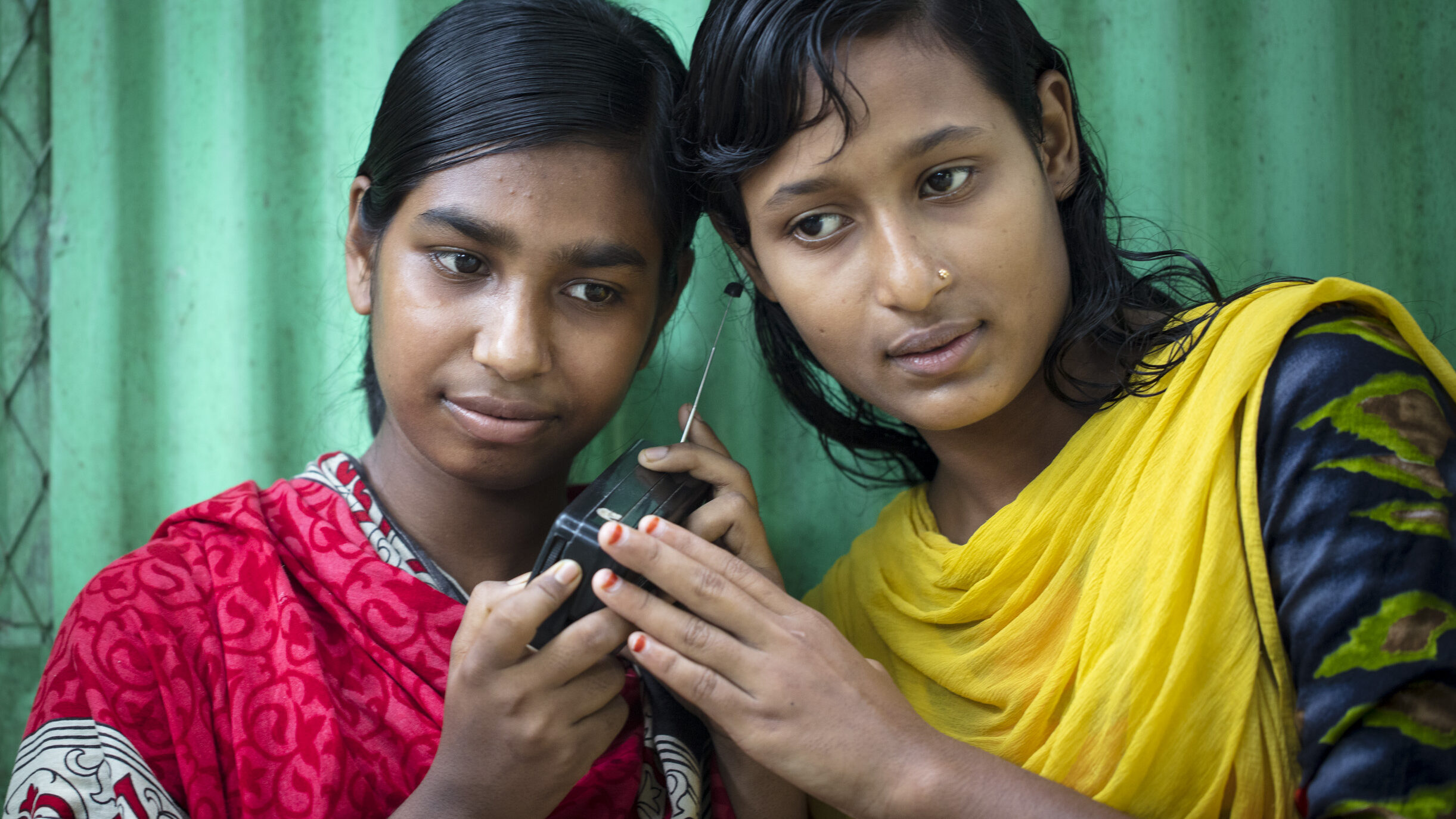
Evidence synthesis, interpretation and dissemination
6
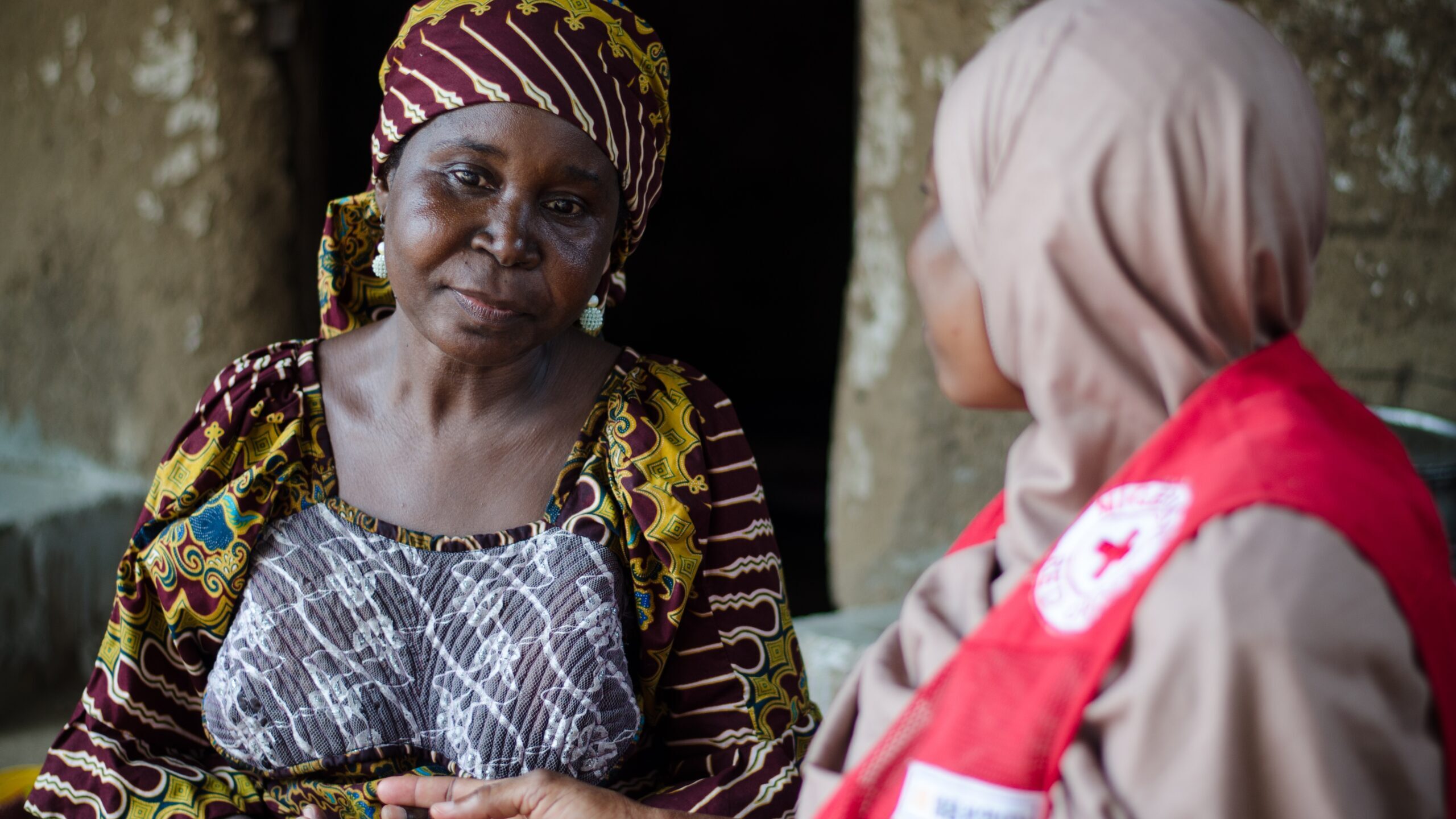
Translating knowledge to action
7
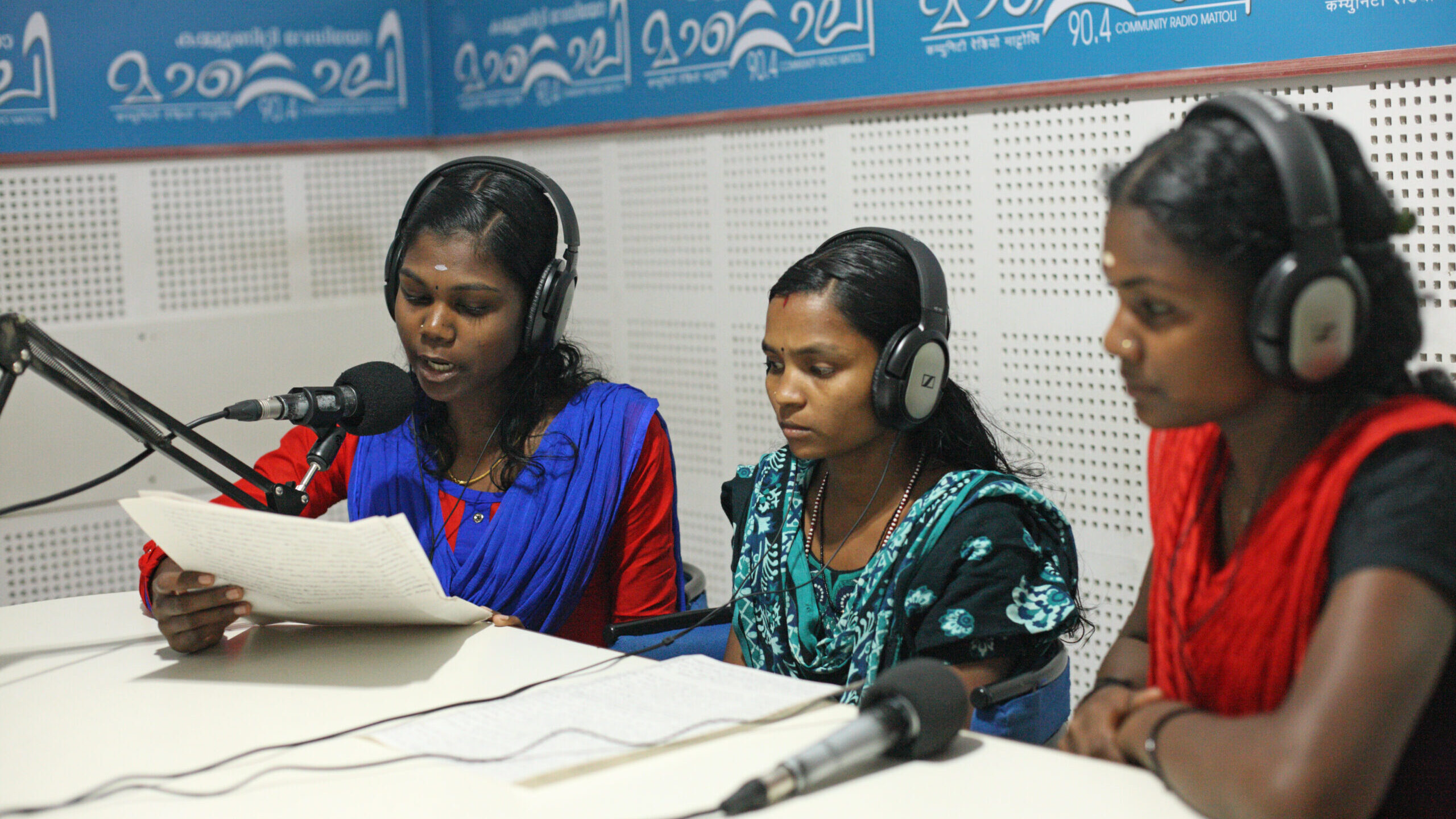
Tracking the uptake of socio-behavioural evidence
Contact
Maureen McKenna
Global Coordinator
The Collective Service
Acknowledgement
Development of this training package was led by Anthrologica for the Collective Service. The content was co-produced with partners from the Social Science in Humanitarian Action Platform (SSHAP), the Institute of Development Studies (IDS), Translators Without Borders (TWB), Médecins Sans Frontières (MSF), London School of Hygiene and Tropical Medicine (LSHTM), the International Federation of Red Cross and Red Crescent Societies (IFRC), the Rapid Research Evaluation and Appraisal Lab (RREAL) at University College London (UCL), UNICEF’s Social Science Analytics Cell (CASS), UNICEF’s Social Science for Community Engagement (SS4CE) team, the Centers for Disease Control (CDC), Oxfam and READY at Johns Hopkins University (JHU). Sincere thanks are also extended to the United Nations Volunteers (UNVs) who assisted with reviewing translated materials.

